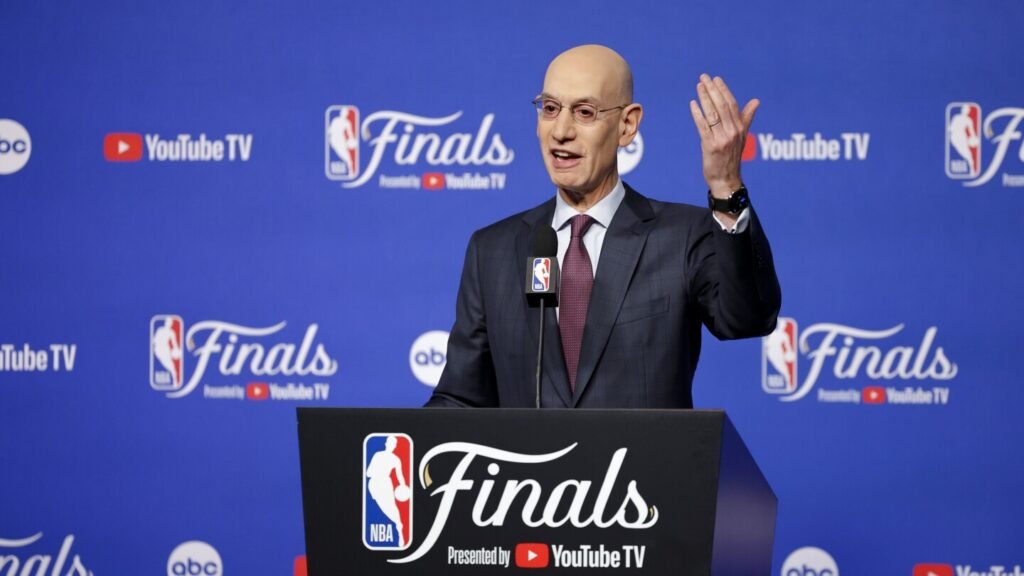The NBA’s Bold Expansion Plan: Why Europe Could Be the New Frontier
In recent discussions, NBA commissioner Adam Silver has been actively promoting an ambitious vision—launching an NBA league in Europe. This strategy raises questions about why franchise expansion appears to be more appealing overseas rather than in domestic markets. The answer ultimately hinges on financial gains. The league is eyeing lucrative franchise fees, potential ownership stakes, and heightened revenue streams, placing European markets at the forefront of their expansion efforts.
During his recent trip to Europe, Silver has targeted influential stakeholders, including renowned teams like Real Madrid. Reports indicate that the NBA aims to establish franchise fees of at least $500 million per team, with aspirations for that figure to stretch between $500 million and $1 billion, according to sources from the Sports Business Journal. This potential monetary influx offers significant advantages for current NBA owners, enabling them to secure substantial profit without diluting their equity in the league or sacrificing national television revenues.
The proposed plan is to invite established teams from the EuroLeague, particularly those with an "A" license status, to make the transition into the NBA umbrella. Real Madrid is considered among the frontrunners for this shift, along with other notable EuroLeague clubs. By integrating these popular teams, the NBA can leverage their existing fan bases, creating an opportunity to form a culturally rich and economically viable league that caters to European enthusiasts.
To facilitate this ambitious venture, the NBA is keen on attracting investment from sovereign wealth funds and private equity groups. These investors currently face restrictions on their ownership stakes in U.S.-based NBA teams, creating an opportunity for them to channel their resources into new European franchises. During meetings in London, Silver and his team engaged representatives from notable private equity firms and influential sports clubs, refining their approach toward securing investment and building stronger connections across the Atlantic.
The UK market, dominated by soccer’s Premier League, presents another promising avenue for the NBA. The London Lions, the reigning champions of the British Basketball League, are backed by tech giant Tesonet, indicating an evolving landscape for basketball in the region. The NBA sees a clear path in capitalizing on the lucrative broadcasting rights in Europe while fostering partnerships that could lead to the development of larger arenas to accommodate fan demands. This strategy not only amplifies the global brand of basketball but creates significant revenue streams for the league.
Despite the long road ahead for establishing an NBA league in Europe, the financial allure is undeniable. Current NBA owners are eager to explore the possibilities presented by this international venture. The success of this initiative will depend on whether European clubs and their passionate fan bases resonate with the NBA’s vision. As discussions persist, it becomes increasingly clear that the future of basketball may soon transcend borders, opening doors to exciting growth opportunities for the league and its stakeholders.
In essence, the NBA’s foray into Europe is not merely about expanding its footprint but also about capitalizing on the economic potential embedded within the continent’s thriving sports culture. By merging the prestige of historical franchises with the NBA’s global prowess, this venture could reshape the landscape of international basketball. As the league progresses with this ambitious plan, the question remains: Will European fans embrace this new chapter, or will traditional loyalties prevail? Only time will tell, but one thing is certain—the NBA is making strategic moves that could redefine the future of professional basketball as we know it.





